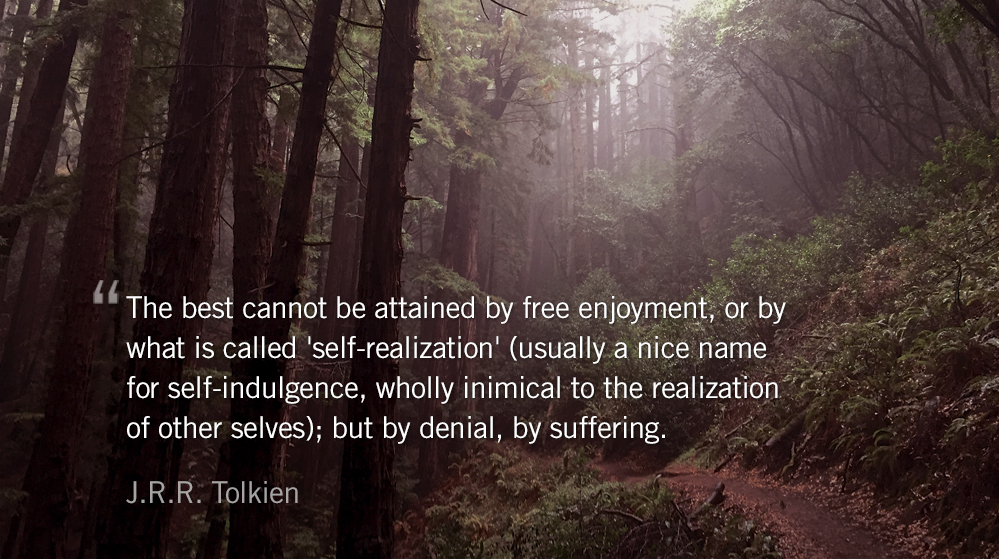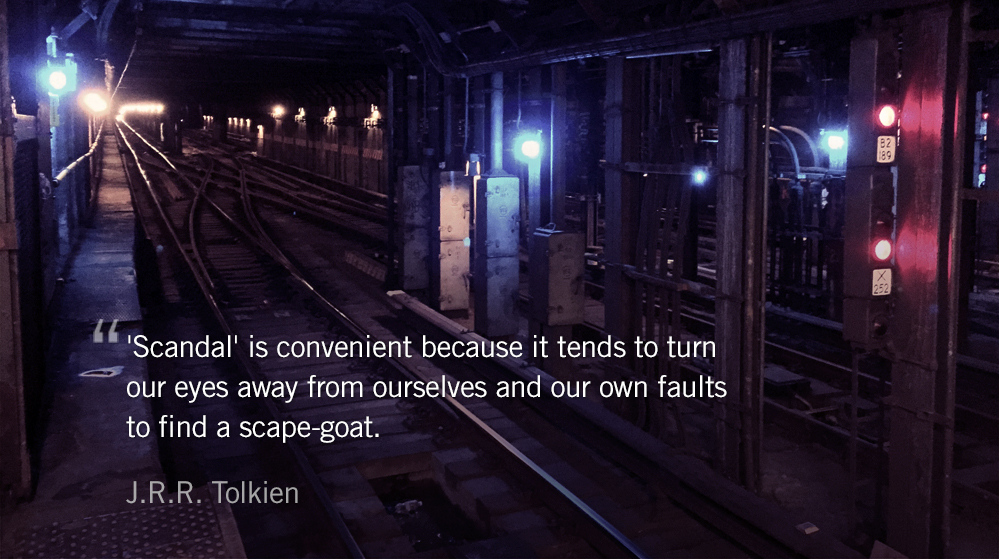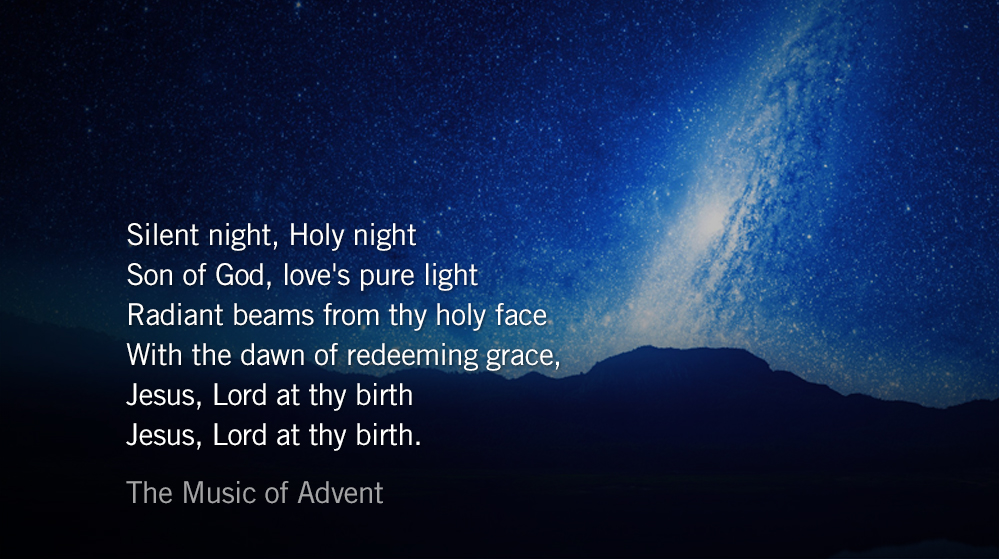By J.R.R. Tolkien
The essence of a fallen world is that the best cannot be attained by free enjoyment, or by what is called ‘self-realization’ (usually a nice name for self-indulgence, wholly inimical to the realization of other selves); but by denial, by suffering. Faithfulness in Christian marriage entails that: great mortification.
No man, however truly he loved his betrothed and bride as a young man, has lived faithful to her as a wife in mind and body without deliberate conscious exercise of the will, without self-denial. Too few are told that—even those brought up ‘in the Church.’
When the glamour wears off, or merely works a bit thin, they think they have made a mistake, and that the real soul-mate is still to find. The real soul-mate too often proves to be the next sexually attractive person that comes along. And of course they are, as a rule, quite right: they did make a mistake.
Nearly all marriages, even happy ones, are mistakes: in the sense that almost certainly (in a more perfect world, or even with a little more care in this very imperfect one) both partners might have found more suitable mates. But the ‘real soul-mate’ is the one you are actually married to.
Only the rarest good fortune brings together the man and woman who are really as it were ‘destined’ for one another, and capable of a very great and splendid love. The idea still dazzles us, catches us by the throat: poems and stories in multitudes have been written on the theme, more, probably, than the total of such loves in real life.
In such great inevitable love, often love at first sight, we catch a vision, I suppose, of marriage as it should have been in an un-fallen world. In this fallen world we have as our only guides, prudence, wisdom (rare in youth, too late in age), a clean heart, and fidelity of will
Out of the darkness of my life, so much frustrated, I put before you the one great thing to love on earth: the Blessed Sacrament. There you will find romance, glory, honor, fidelity, and the true way of all your loves upon earth.
*Abridged from a letter to Michael Tolkien, March 6-8, 1941. From The Letters of J.R.R. Tolkien (Mariner Books, 2000).
Today’s Reading
2 Chronicles 35 (Listen – 5:25)
Revelation 21 (Listen – 4:34)
Give a Year-End Gift Now.
Your tax-deductible donation can help us increase Scripture engagement in cities around the world. Support our work today.











